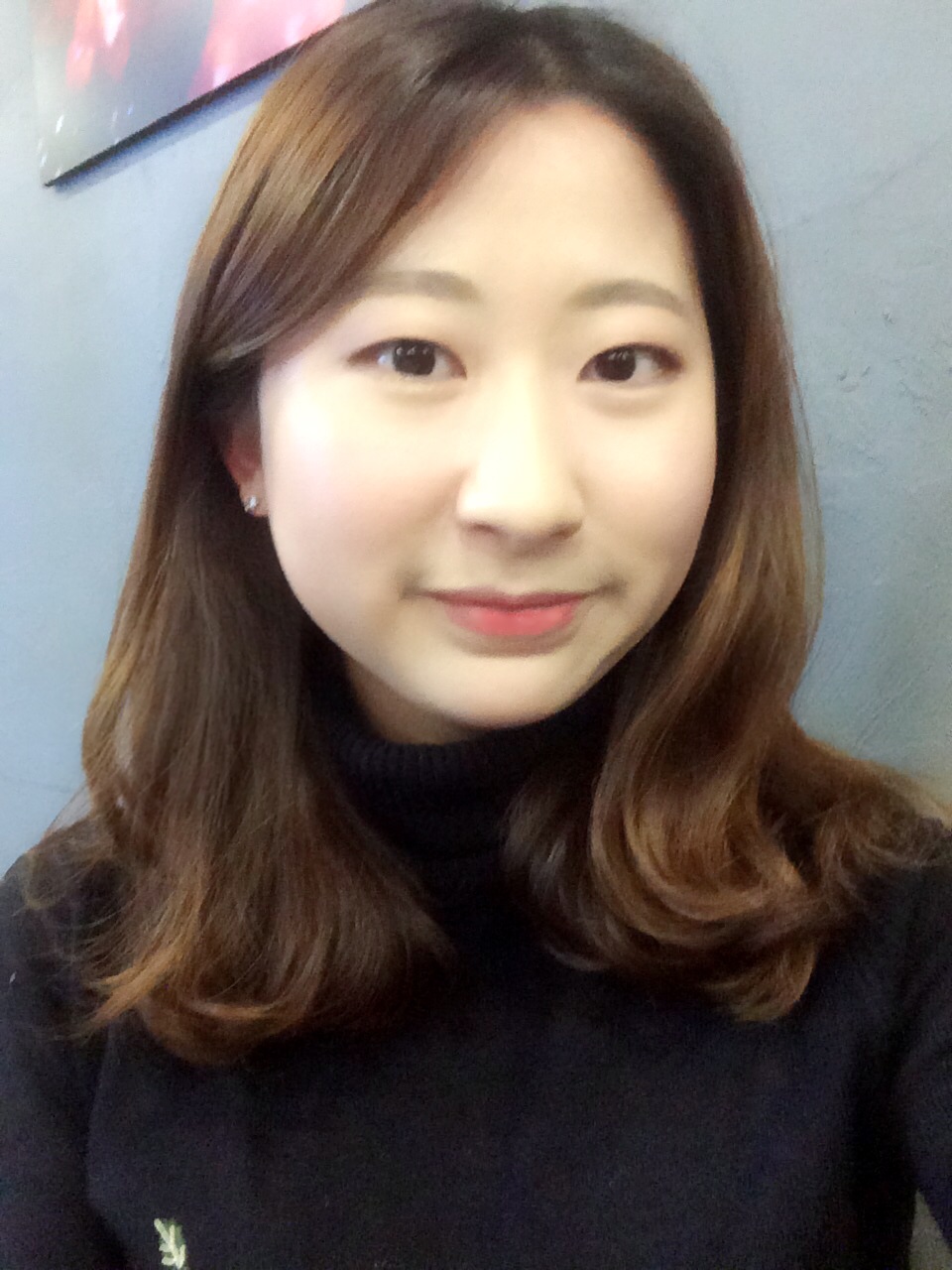
Since October 2015, the Korean government has operated Korea-Massive Open Online Course (K-MOOC) platform to give equal opportunities of education to the public. The Ministry of Education selected 10 universities including Ewha that would provide courses on the platform.
As MOOC is already prevalent in America and Europe, there would be many things that could be learned to continuously develop K-MOOC. Therefore, four Ewha students, including myself, made a team named “(E)-MOOC” and visited relevant institutions in Germany and Norway to see developed MOOC programs through the 2015 Ewha Overseas Program.
When MOOC service started in America and Europe, it highly appealed to the public in the initial stage. However, people nowadays can easily get access to diverse information through the Internet, such as YouTube, Google, etc. Accordingly, there are numerous ways people can learn, and they can just “choose” a platform in accordance to personal taste. Thus, MOOC operators have improved their platforms by changing concepts, focusing on certain fields, or strengthening services. For example, Iversity, one of MOOC institutions our team visited in Germany, first targeted general students, but is now targeting companies to utilize the courses for educating their employees. Meanwhile, Hasso-Plattner Institute (HPI) is providing IT courses, which constantly need updated technology knowledge. In case of Norwegian University of Science and Technology (NTNU), it offers online courses to school teachers who can receive incentives upon taking courses as an exchange for their learning.
K-MOOC is surely expected to function as a helpful learning tool for users, but in order to be a sustainable platform, operators should predict potential problems, like a decrease in users, and prepare the solutions. Fortunately, our school is already offering a benefit to secure its users. For example, if an Ewha student takes K-MOOC courses offered by Ewha Womans University, she can transfer the credits. This benefit is very useful for students who are doing internships or student teaching in that they can get credits without having to go to school. Furthermore, K-MOOC courses were so popular this semester that numerous students could not register for them due to the limited space.
As other developed MOOC platforms are doing now, Ewha could concentrate on certain fields in which our school has outstanding specialization in, such as women’s studies. The school can also cooperate with companies and offer them courses as a part of human resource management. In this way, our university as well as K-MOOC should think more realistically and seek what students really want to get through K-MOOC.

